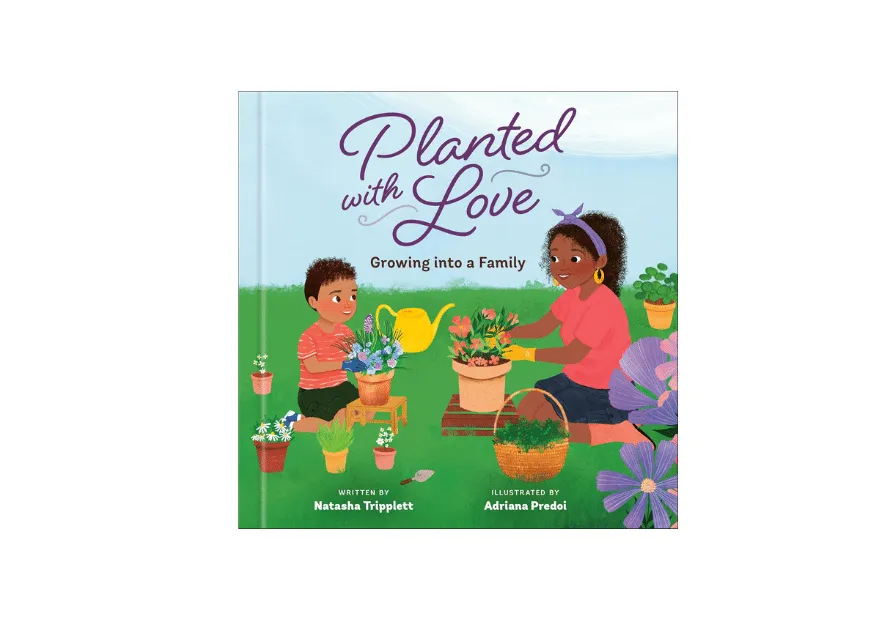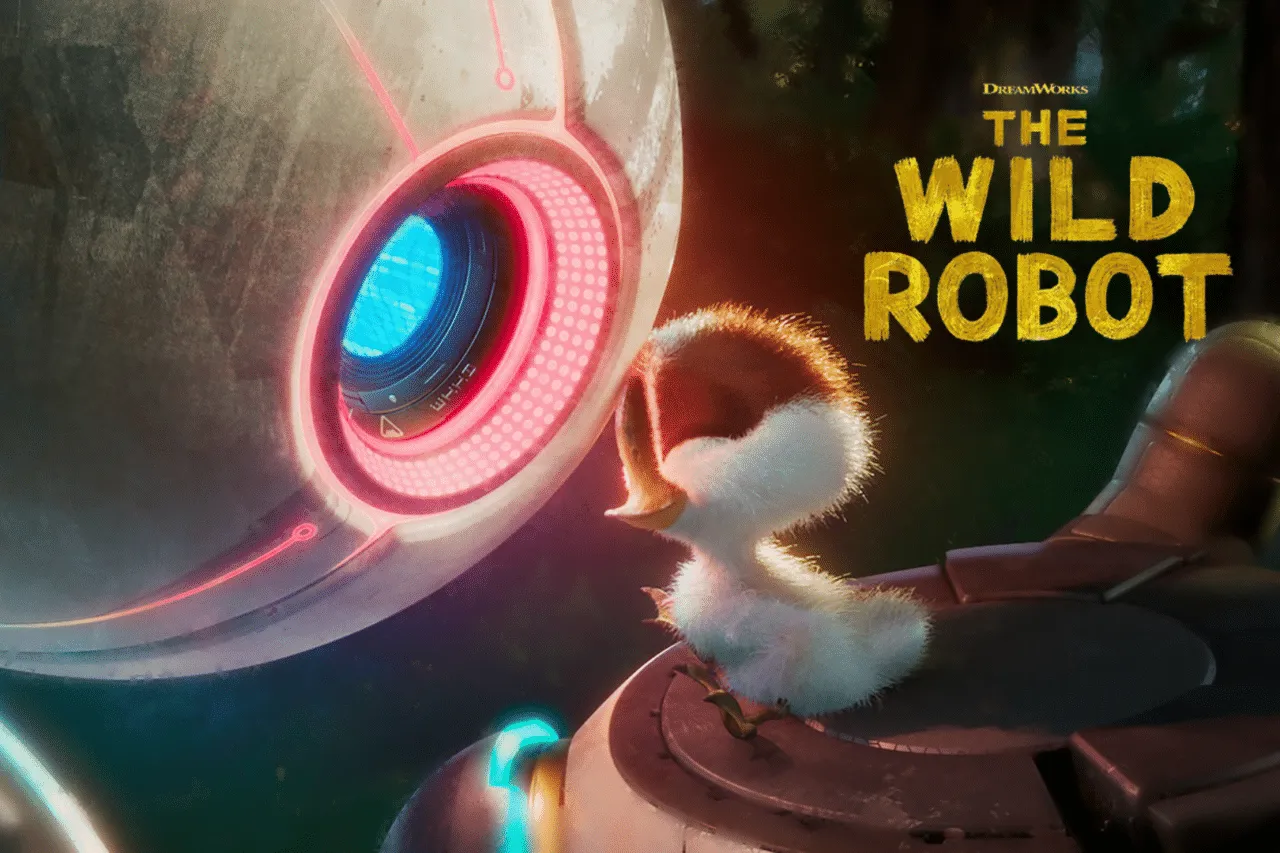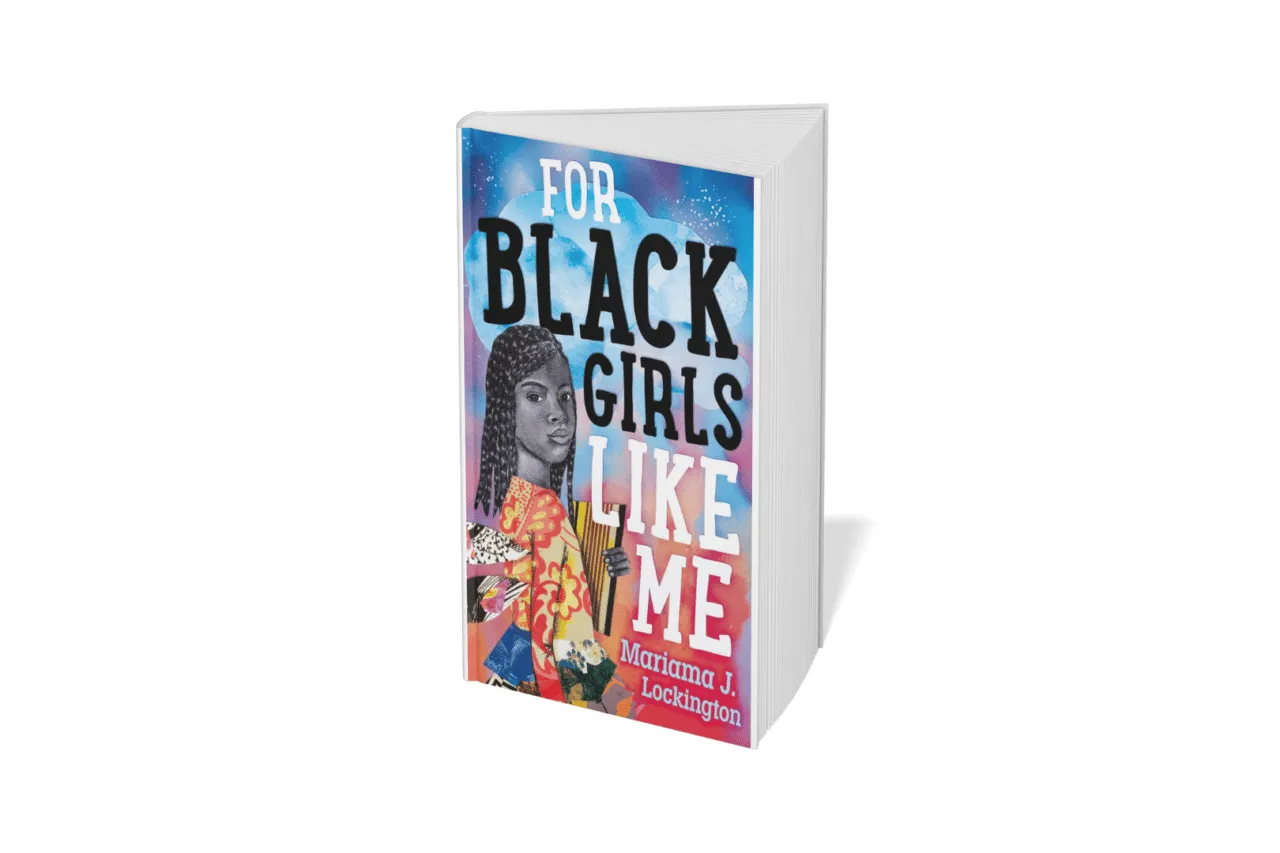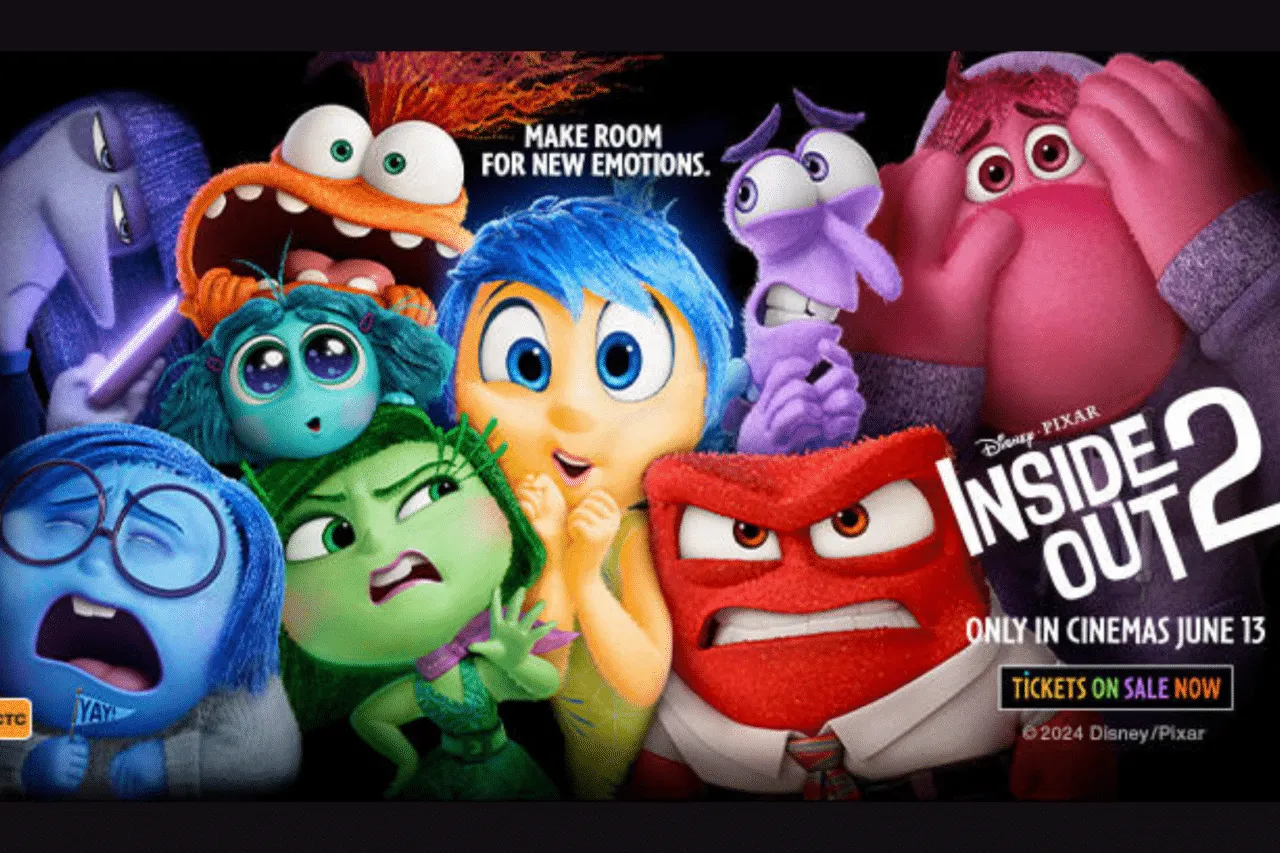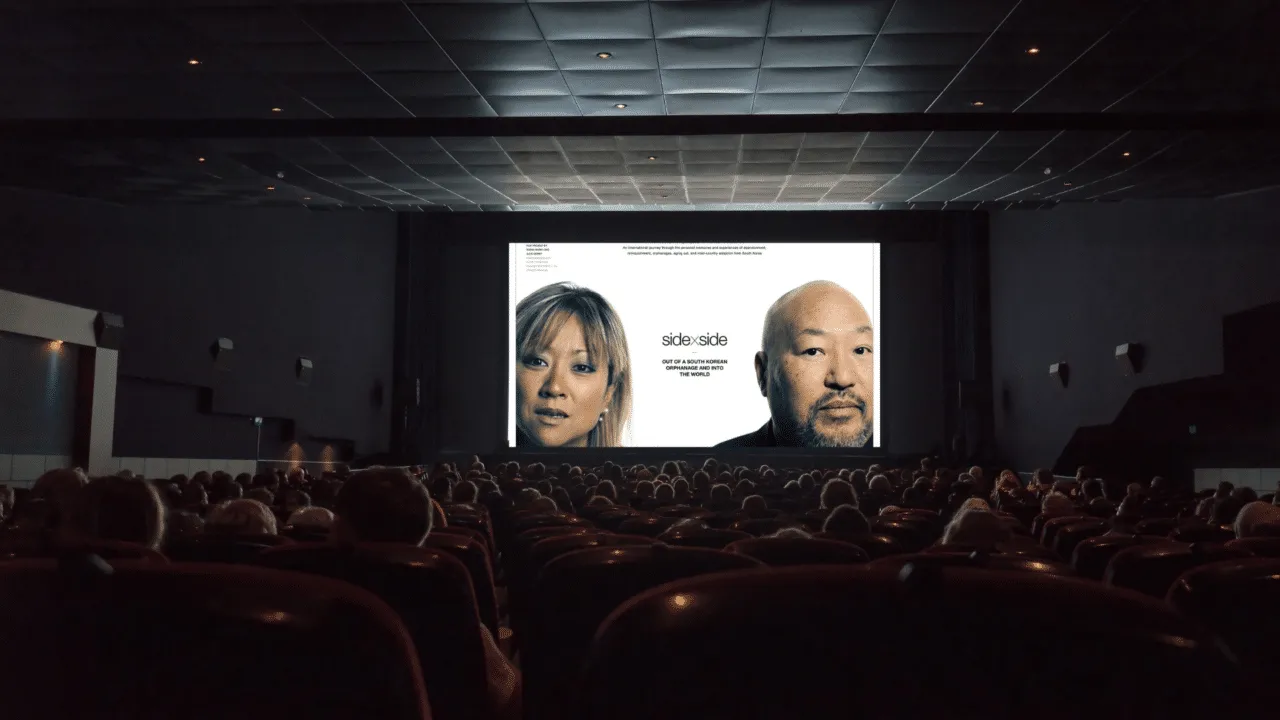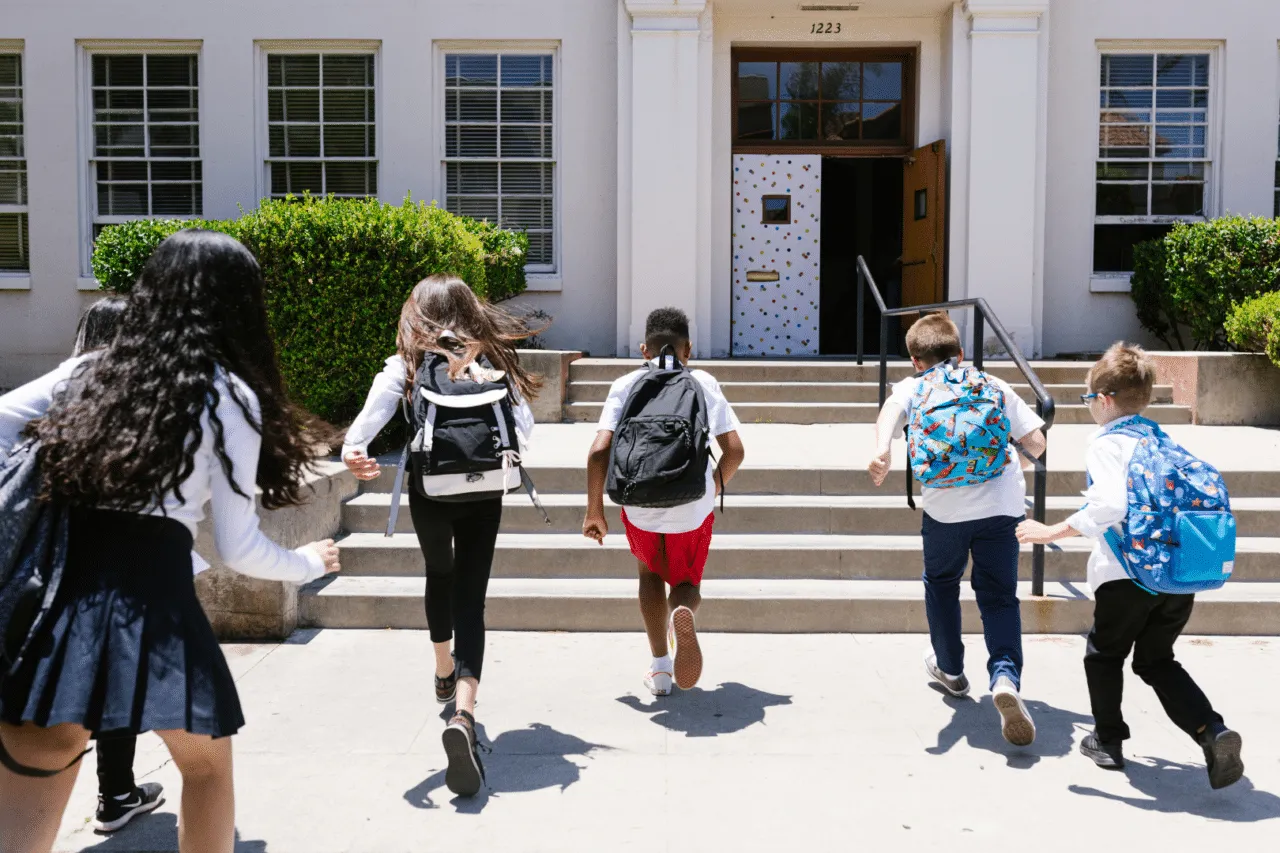Inside Out 2 Movie Review – Embracing All Emotions
Inside Out 2 Movie Review - Embracing All Emotions

The Intersections of Inside Out 2 and the Adoptee Experiences
In a world where conversations around mental health have become increasingly acceptable, Inside Out and its sequel Inside Out 2 offer a unique and insightful perspective on emotions. These movies allow us to see emotions through a lens of normality and discuss the ‘voices inside your head’ and how they shape one’s sense of self identity and drive behaviors. The audience gets a visual representation of the inner turmoil we all, but especially teenagers, go through. The parallels between this movie and the experience of adoptees and adoptive families cannot be missed.
Inside Out 2 reintroduces us to Riley and her emotions as she navigates her teenage years. In addition to her initial emotions of Joy, Sadness, Disgust, Anger, and Fear, we meet Anxiety, Embarrassment, Ennui, and Envy. Riley is challenged with finding who she is while managing the voices in her head and navigating the environment around her. As this is similar to many realities and experiences in life, it is certainly impactful for adoptees. Joy plays a pivotal role, working tirelessly to ensure that Riley’s core memories and therefore, her sense of self are built solely on happy and comforting memories. By wrapping Riley in positivity, Joy avoids the uncomfortable but necessary aspects of her story. However, in doing so, she hides difficult memories; the audience watches as she launches the sad, embarrassing, scary, and all-around harder memories to the back of her mind.
Core Issues and Stuck Spots of Adoptees Revealed
We often speak of the 7 core issues of adoption and permanency which are loss, rejection, shame and guilt, grief, identity, intimacy, and mastery and control. Loss is a core issue and memory for adoptees. By ignoring loss, like Joy tries to ignore the uncomfortable memories, we do a disservice to our children. Adoption does not invalidate the initial loss and it cannot occur without it.
A common stuck spot of adoptees is difference and because of this, it is not unusual for adoptees try to ‘perform’ to feel seen and accepted. We see Riley do the same with the Fire Hawks Hockey team, as she becomes preoccupied with the message of ‘I’m not good enough’, a message that is not unusual for adoptees to struggle with, causing her to hog the hockey game and unintentionally, hurt her friend. Riley believed being the best would impress the coach and ensure her acceptance on the team but at what cost? She grapples for control of the situation but not until she recognizes her true, full self can she master this experience.
Navigating Double Dipped Feelings – Joy and Anxiety
Joy is doing the work we often see adoptive parents, friends, and professionals do. She is wrapping Riley up in positivity so that she does not have to deal with or focus on the harder things in life. As we see in Inside Out 2, and is true for adoptees, the hard things are real and important and part of our stories.
As Anxiety takes the wheel, we see Riley struggle with navigating all parts of her life. Anxiety is a common experience for adoptees, who often wrestle with anxiety as they seek to understand their identity without knowing their origins. Riley wants nothing more than to fit in with the cool/popular crowd and begins to behave in ways others found unrecognizable, i.e. dying her hair the same way the other girls on the team have. Identity and sense of belonging is a core adoption issue, and adoptees also find themselves wanting nothing more than to belong.
Ultimately, “Inside Out 2” teaches us that Joy and Anxiety must work together to shape a balanced and evolving sense of self. Joy and Anxiety collaborating gives voice and acknowledgment to all of Riley’s core memories because they, like adoptees whole stories, are equally valid and worthy of space in our heads and hearts.
The movie ends with this beautiful thought from Joy, “we love all of our girl – every messy, beautiful piece of her.’
